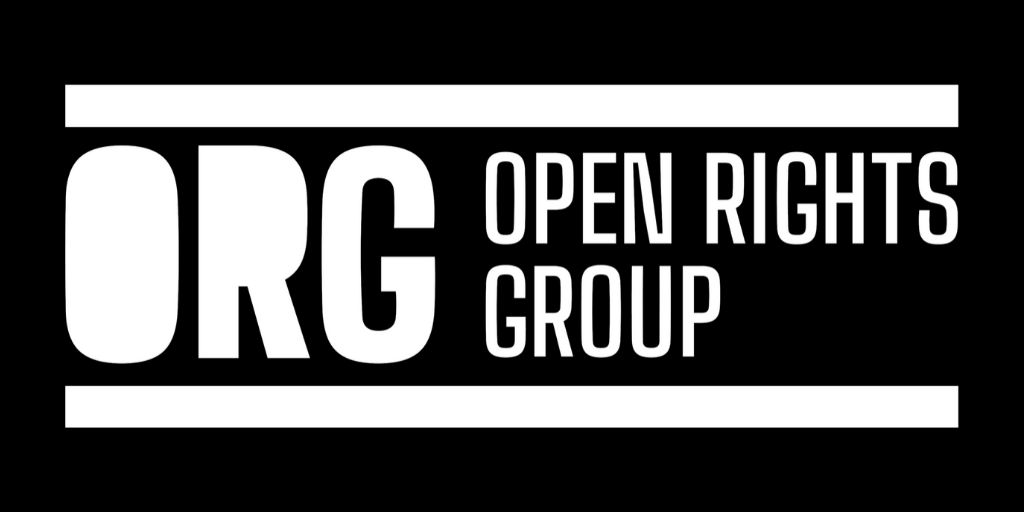But 2022 was the year the European Union finally took action. In March, the bloc’s lawmakers agreed on new rules designed to release the grip Big Tech has on European consumers and to help homegrown internet companies compete with American giants for customers. The
Digital Markets Act will obligate companies that run phone operating systems to offer “choice screens” so users have more control over which services they use. Technically, the DMA went into force in November, although it may not take full effect until
March 2024. Proton is headquartered in Geneva, Switzerland, which is not an EU member. But Yen thinks this law will help European companies, like Proton, finally have a voice in Brussels. Europe’s momentum in rewriting the rules of the internet, however, is not all good for Proton, which has grown to 70 million accounts. The company is warily watching a wave of proposals in the UK and the EU that privacy advocates warn will threaten encryption, such as the UK’s
Online Safety Bill and the
EU’s proposals to combat child sexual abuse material. Yen spoke in October at WIRED’s business conference, WIRED Smarter. At the event, we talked about how he is thinking about the breakthroughs and concerns that are emerging out of Europe’s increasing focus on technology legislation. This interview has been edited for clarity and length.





